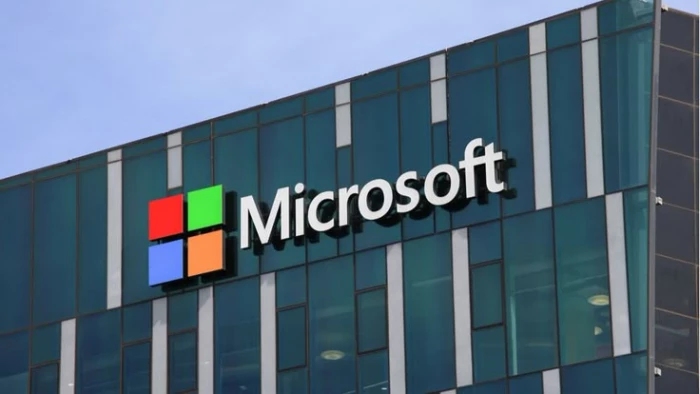Microsoft Tests New AI Model, Turning Up the Heat on OpenAI
by Muskan Kansay - 4 months ago - 2 min read

Microsoft has intensified the AI arms race, debuting its internally built MAI models just weeks after OpenAI’s blockbuster release of GPT-5. These new models, MAI-1-preview and MAI-Voice-1, mark a pivotal shift: Microsoft is racing to lessen its dependence on OpenAI while raising the stakes for rivals like Meta and Google.
Strategic Shift: Owning the Intelligence
Microsoft’s MAI initiative emerged in the wake of executive shakeups in late 2023, a clear signal that the company aims to control its AI future and costs by crafting models in-house. MAI-1-preview, a large language model designed for efficient, instruction-following responses, adopts a mixture-of-experts architecture, making it more scalable and cost-effective than traditional LLMs. Meanwhile, MAI-Voice-1 takes expressive voice synthesis to new heights, capable of generating a full minute of diverse speaker audio in under a second.
Tech Inside Copilot: Faster, Smarter, Smoother
Microsoft has already baked these models into Copilot Daily and Copilot Labs, aiming to power smarter experiences across Windows, Office, and Teams. The intent is clear: gather feedback quickly, iterate relentlessly, and position Copilot as a nimble alternative now that OpenAI’s rollouts have encountered challenges such as rate limits and interface glitches.
Turning Down the Dependence Dial
OpenAI’s GPT-5 brought major leaps in reasoning, code, and multimodality this summer, but user feedback revealed pain points, old model removals, patchy new features, and performance hiccups. Microsoft’s approach, in contrast, blends its own models with select OpenAI and open-source technologies, promising a more controlled and customized offering for enterprises and end-users.
The Road Ahead: Model Mix and Match
The MAI team isn’t stopping at these first releases. Microsoft plans to create specialized models tuned for different tasks, further weaving AI into its product DNA and Azure cloud services. As the company balances using its own tech with the best of others, the Copilot ecosystem may soon stand on foundations entirely crafted in Redmond, not San Francisco.
Microsoft’s new AI models aren’t just about beating OpenAI; they’re about independence, innovation, and injecting new agility into every corner of its software universe.